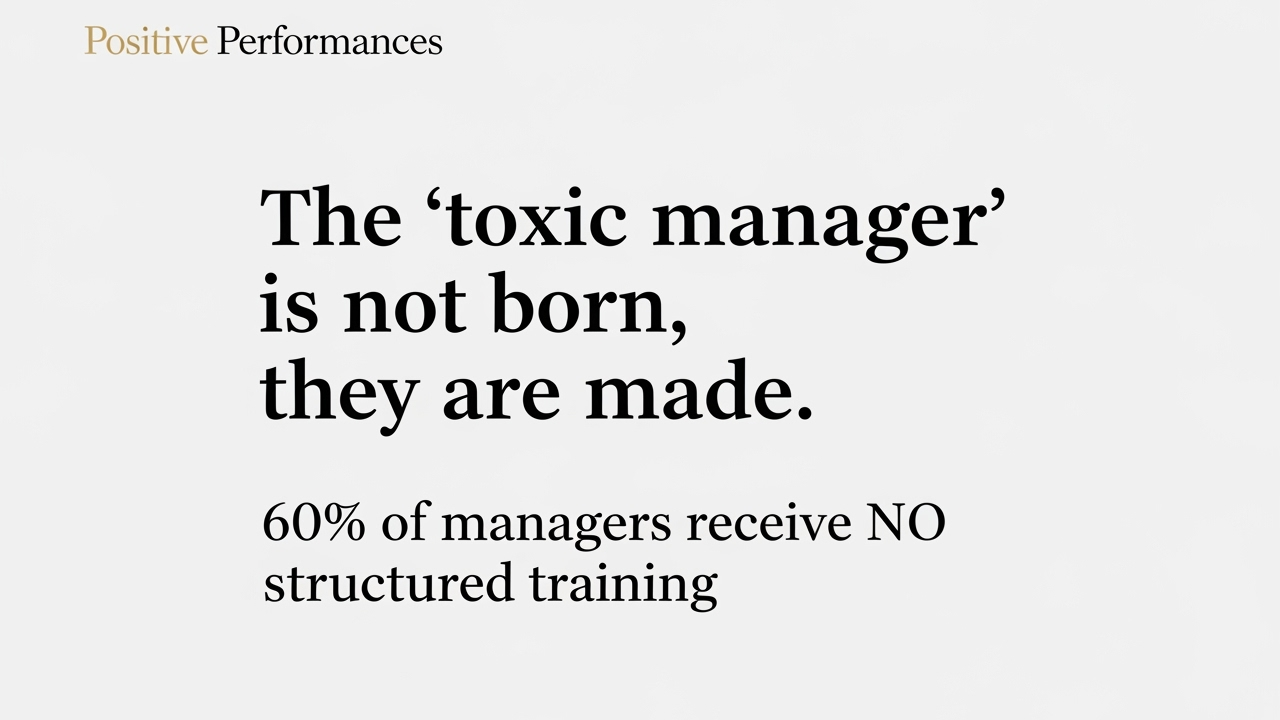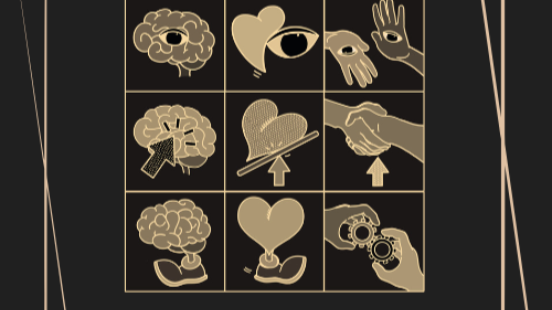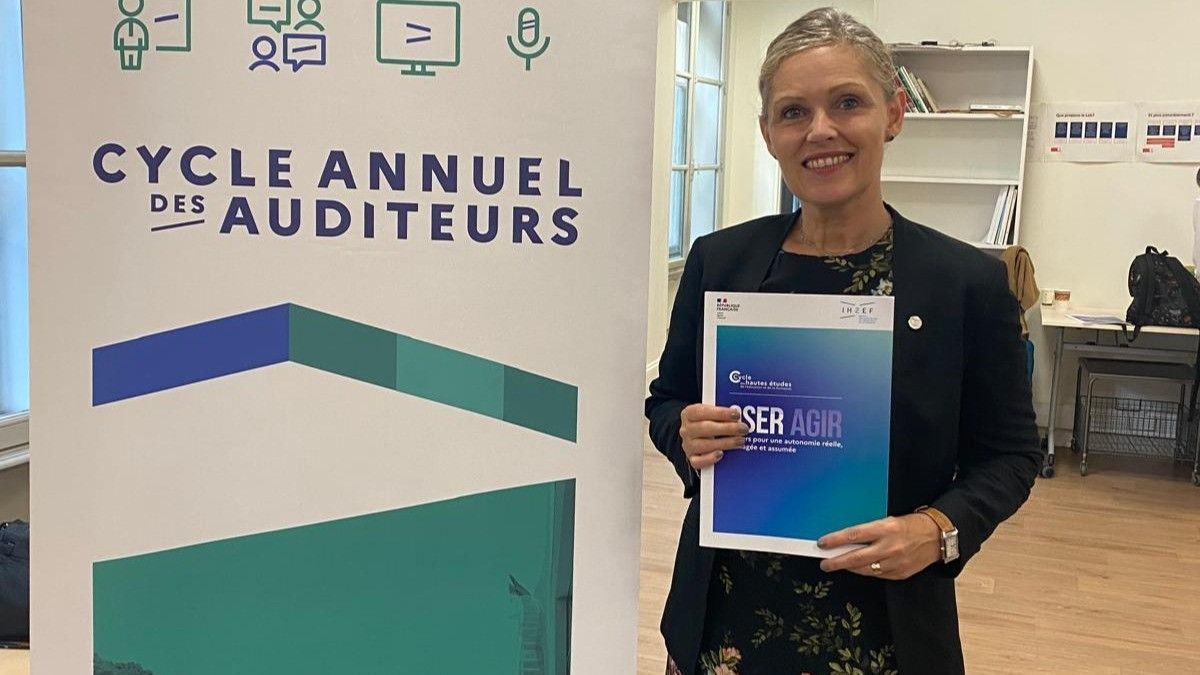Competency 9 - Understanding Emotions and Stress
Transforming Conflict into Growth:
Emotional Competencies: Emotional Awareness
Specific Competency: Understanding emotions and stress - Comprehending emotions and stress.
Statement: Understanding emotions and stress involves being aware of emotional responses and the factors that contribute to stress. This competency helps you better manage your emotional well-being and respond to challenging situations more effectively.
Part A: Start By Yourself
Objective: Develop an understanding of emotions and stress by comprehending emotional responses.
Instructions:
A) Start by Yourself:
- Take a moment in silence with a pen and paper. Reflect on a recent situation that elicited a strong emotional response. What emotions were involved? What factors contributed to the stress?
- Write down the situation, the emotions involved, and any physical sensations you noticed (e.g., increased heart rate, tension).
- Reflect on how your strengths from Competency 1 (Self-Knowledge), critical thinking skills from Competency 2 (Critical Thinking), positive self-evaluation from Competency 3, mindful awareness from Competency 4, impulsivity management from Competency 5, goal achievement skills from Competency 6, responsible choice-making from Competency 7, and creative problem-solving from Competency 8 can support your understanding of emotions and stress.
B) Explore Emotional Complexity with Plutchik's Wheel:
- Familiarise yourself with Plutchik's Wheel of Emotions. Understand that emotions are like colours: there are primary emotions (joy, trust, fear, surprise, sadness, anticipation, anger, and disgust) and more complex "cocktails" of emotions.
- Recognise that there are no inherently negative or positive emotions; they can be difficult or easy to handle. For example, you can cry out of joy or laugh out of stress.
C) Take It Further:
- Practice emotional check-ins throughout the day. Take a few moments to pause and identify what emotions are present and why. This can help you stay connected to emotions and better understand stress triggers.
- Use a journal to track emotional responses and stress levels over time. Reflect on any patterns or recurring triggers.
Tips:
- Be honest about emotions. Avoid suppressing or ignoring them.
- Recognise that all emotions, including difficult ones, are valid and can provide valuable insights.
- Use your identified strengths to support your emotional awareness process.
Benefits:
- Enhances emotional self-awareness.
- Improves emotional regulation and stress management.
- Encourages a deeper understanding of emotional experiences.
Part B: Share with Pairs, Family, or Friends
Objective: Develop an understanding of emotions and stress together by comprehending emotional responses as a group.
Instructions:
A) In Pairs or Groups:
- Gather with your partner, family, or friends. Each person should share a recent situation that elicited a strong emotional response. Discuss the emotions involved and the factors that contributed to the stress.
- Offer support and validation to each other. Use your strengths from Competency 1, critical thinking from Competency 2, positive self-evaluation from Competency 3, mindful awareness from Competency 4, impulsivity management from Competency 5, goal achievement skills from Competency 6, responsible choice-making from Competency 7, and creative problem-solving from Competency 8 to support each other's understanding of emotions and stress.
B) Make It Supportive:
- Create a safe space where everyone feels comfortable sharing emotions without judgement. Encourage active listening and empathy.
- Use Plutchik's Wheel to identify and discuss the complexity of emotions involved. Recognise that emotions can be mixed and multifaceted.
- Practice stress-relief activities together, such as deep breathing, meditation, or going for a walk. Discuss how these activities impact emotional states and stress levels.
Reflect Together:
- After sharing and discussing emotions and stressors, reflect on what you learned about emotional awareness. Discuss how the strategies used can be applied to other areas of life.
- Encourage each other to use strengths from Competency 1, critical thinking skills from Competency 2, positive self-evaluation from Competency 3, mindful awareness from Competency 4, impulsivity management from Competency 5, goal achievement skills from Competency 6, responsible choice-making from Competency 7, and creative problem-solving from Competency 8 to understand and manage emotions and stress effectively in the future.
- Reflect on the importance of empathy, support, and understanding in managing emotions and stress.
Tips:
- Foster a supportive and non-judgmental atmosphere during emotional discussions and activities.
- Be open to feedback and suggestions from others.
- Celebrate each other’s progress and efforts in understanding emotions and stress.
Benefits:
- Promotes mutual understanding and support.
- Enhances emotional intelligence and resilience.
- Strengthens relationships through shared emotional awareness and growth.
Join the Journey By integrating these competencies into your daily life, you can improve your mental health, build stronger relationships, and better handle life's challenges. Stay tuned for the next set of emotional competencies!
Want to take it further, reach out and let's talk ;-)
Let'st work together, book me or my team for coaching, keynotes, training and consulting.
In the meantime,
Take care,
Krumma
PS: click here for the free mental fitness app that might change your life and your relationships https://positive-performances.passion.io/











